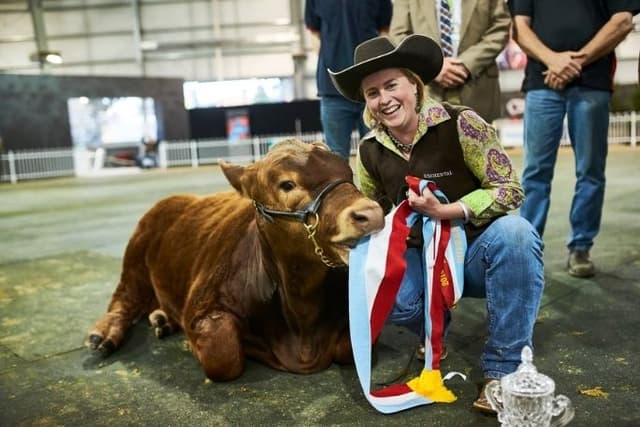
The Show - What Do Jobs In Agriculture Look Like?
Lesson4 of 5 in this unit
PrimaryYear 3 - 4EnglishHumanities and Social SciencesGeographyTechnologyDesign and TechnologiesEnvironmentalLand ManagementSustainabilityEconomicIndustry, Innovation and InfrastructureJob Ready
Summary
Lesson Guides and Printables
Lesson Plan

Student Worksheet

Teacher Content Info
